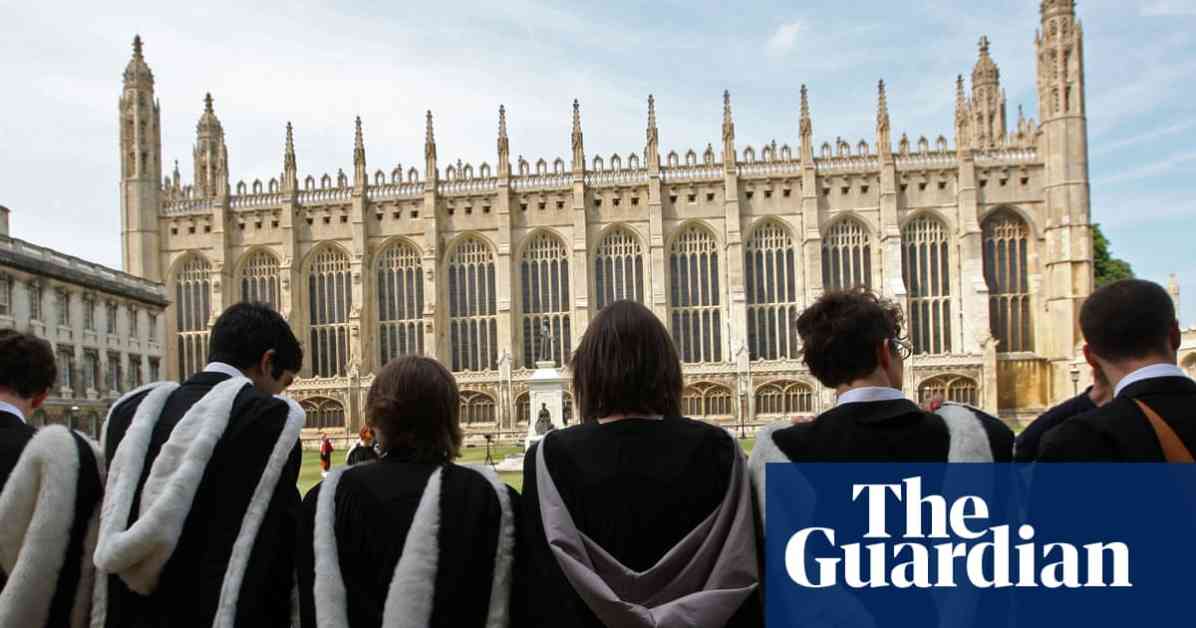Young people from working-class backgrounds are facing obstacles when trying to enter the creative industries, a recent study has revealed. The research conducted by the Sutton Trust found that the arts remain elitist and inaccessible, with those from more affluent backgrounds having a significant advantage.
The report highlighted that there is a stark overrepresentation of individuals from upper middle-class backgrounds in the arts. For example, 43% of Britain’s best-selling classical musicians and 35% of Bafta-nominated actors attended private fee-paying schools, despite only 7% of the population being educated in such institutions.
Furthermore, the report indicated that a high percentage of classical musicians and top actors have attended arts specialist universities or conservatoires, which are often dominated by students from more privileged backgrounds. This creates a barrier for talented individuals from less affluent homes who aspire to pursue a career in the arts.
In response to these findings, the Sutton Trust has called for various measures to improve access to the arts. These include introducing an “arts premium” in schools to fund opportunities like music lessons, prohibiting conservatoires and creative arts institutions from charging for auditions, and ensuring that employers receiving arts funding prioritize socioeconomic inclusion.
Nick Harrison, the chief executive of the trust, emphasized the importance of addressing the class inequalities in the creative industries. He stated that no young person should be hindered from pursuing their passion and dream career due to their socioeconomic background. Harrison stressed the need for action to provide access to quality creative education and to remove financial barriers for aspiring individuals from all backgrounds.
The trust’s partnership with the British Screen Forum aims to promote socioeconomic diversity through targeted skills and career initiatives in the creative sector. By advocating for inclusive policies and practices, the trust hopes to create a more equitable and accessible environment for aspiring creatives from diverse backgrounds.
Overall, the study sheds light on the challenges faced by young working-class individuals in breaking into the creative industries and underscores the importance of addressing class inequalities to foster a more diverse and inclusive arts sector. It is essential for stakeholders in the industry to take proactive steps towards creating opportunities and removing barriers for aspiring talent, regardless of their socioeconomic background.







